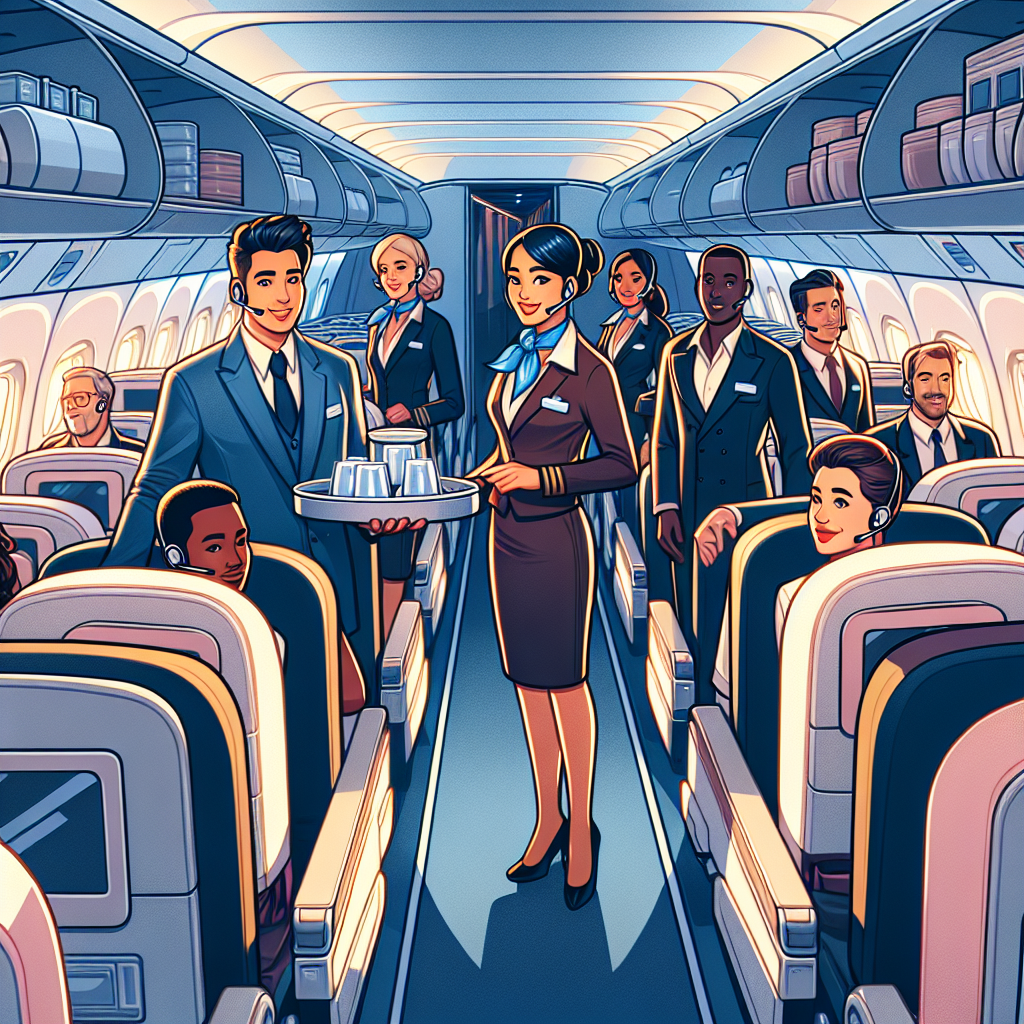Air Canada Strike Ends with Government Intervention: Binding Arbitration Imposed
The Canadian government intervened to end a strike by Air Canada's cabin crew by imposing binding arbitration, following a failed negotiation over compensation for ground time and other wage issues. The strike had disrupted flights, affecting over 100,000 travelers, and prompted concerns about economic impact.

The Canadian government stepped in on Saturday to end a strike by Air Canada's cabin crews, instituting binding arbitration to resolve a longstanding contract impasse. The decision came after thousands of flight attendants walked off the job, leading to the cancellation of nearly all of Air Canada's 700 daily flights.
The central issue in negotiations was compensation for time spent on the ground, which attendants currently do not receive. While Air Canada sought government intervention, the Canadian Union of Public Employees opposed binding arbitration, arguing it undermines their negotiating power.
With significant pressure from businesses impacted by the strike, the government moved quickly to protect the economy. Jobs Minister Patty Hajdu emphasized that the decision was not taken lightly but was necessary to mitigate further economic disruption, as seen with previous trade challenges.
ALSO READ
Supreme Court Ruling Could Trigger Massive Compensation in Car Finance Sector
Mid-Air Crisis: Boeing Sued by Alaska Airlines Flight Attendants
Future Motor Finance Compensation: A Smaller Ripple Than PPI in the UK
Wildlife Strays Prompt Crop Compensation for Assam Farmers
Thailand Approves Compensation for Border Conflict Victims










